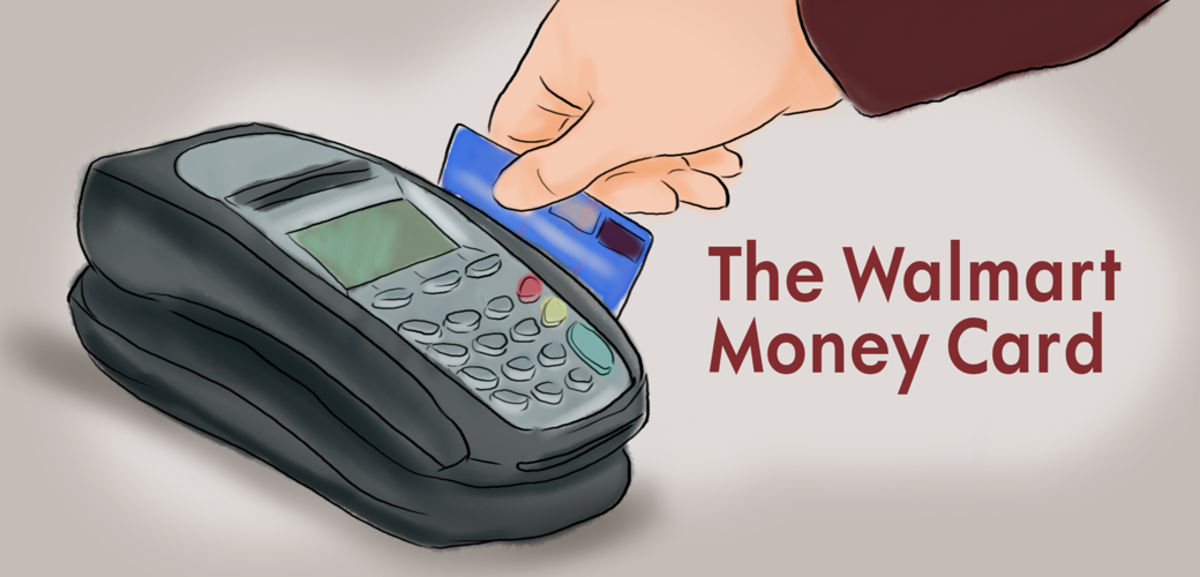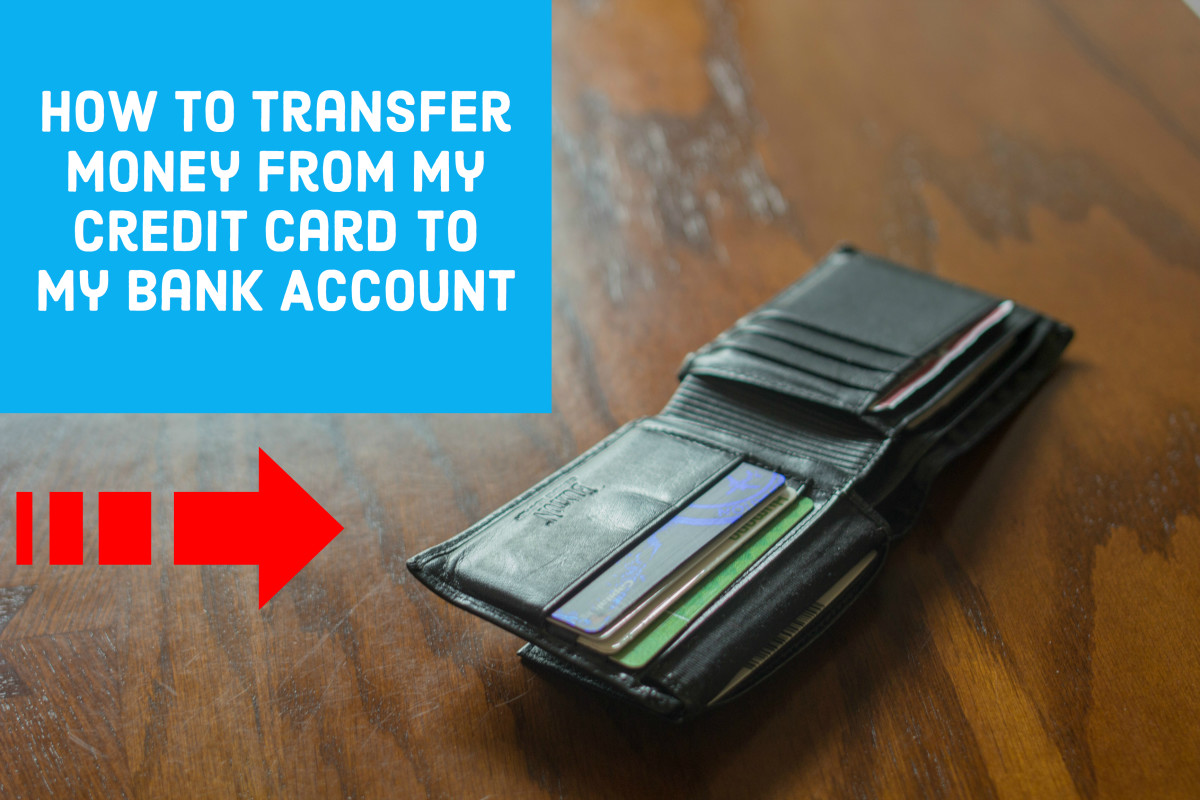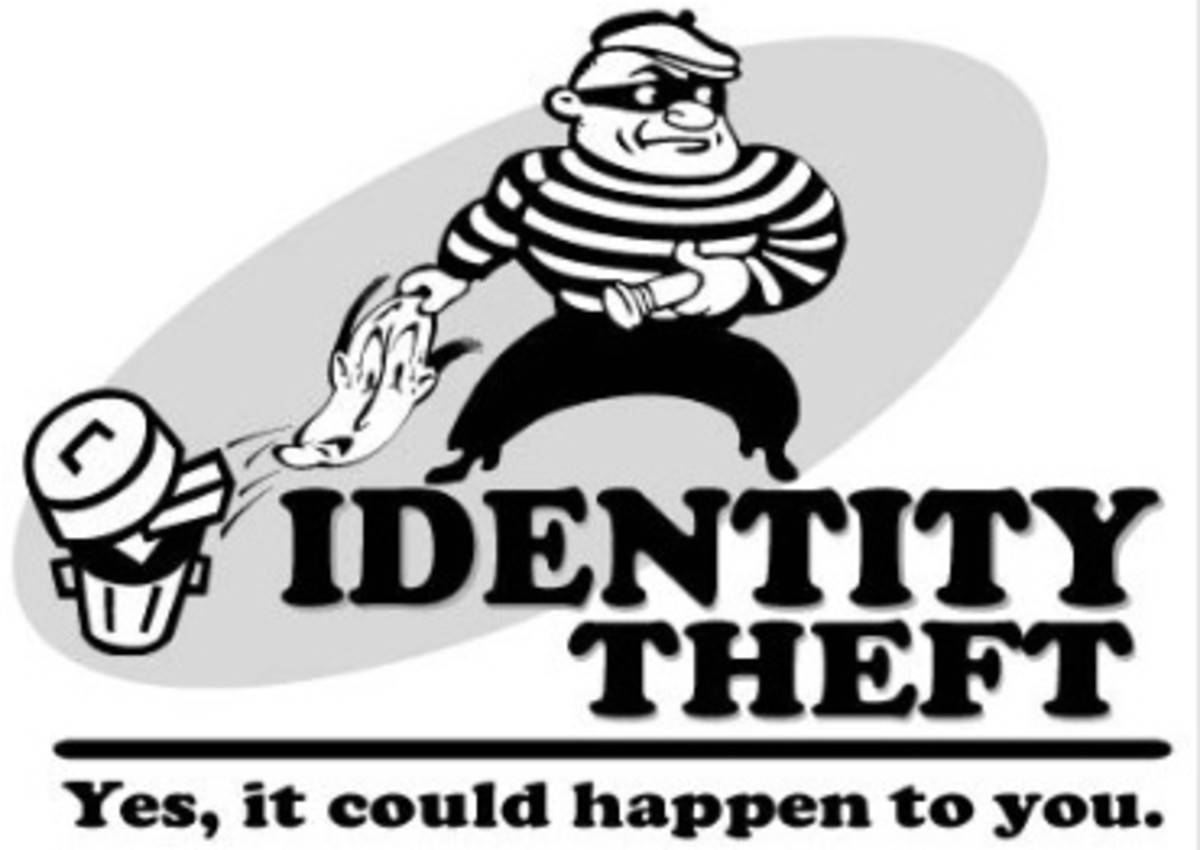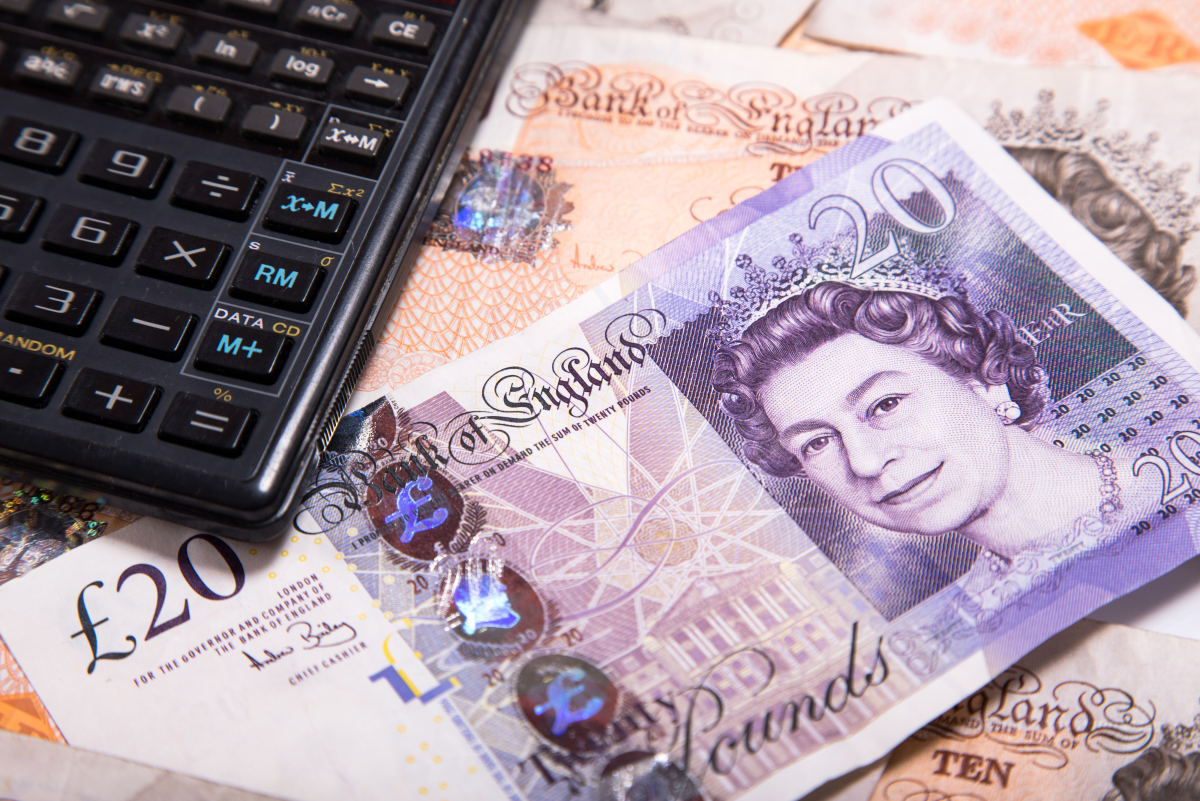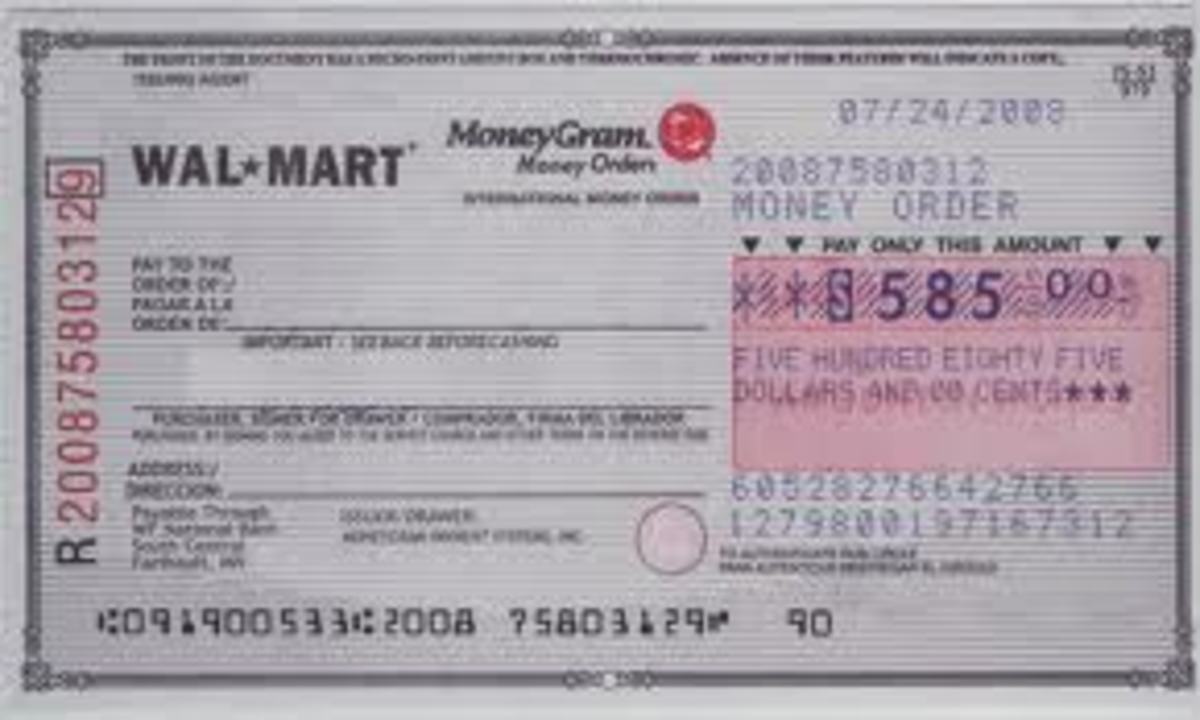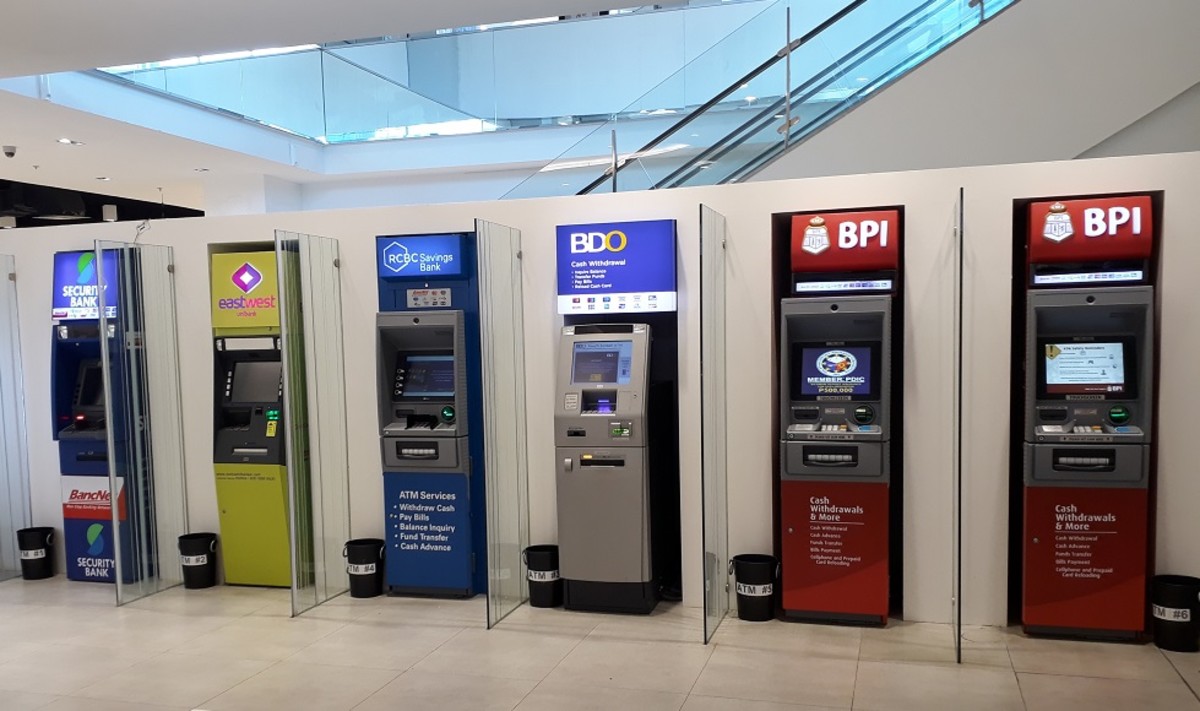Understand Bank Overdraft Fees – Advice from an Ex-Bank Manager
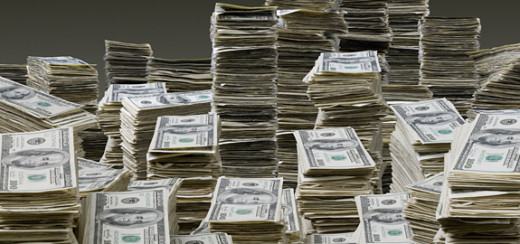
Do you like your bank? Do you like paying overdraft fees, statement fees, ATM fees, withdrawal fees, and simply just because we feel like it fees? No? Well you're not alone. Many American's are fed up with the banking industry, and I'm one of them.
I worked in the banking industry for over 10 years and each day I’m thankful that I left my position as Branch Manager to pursue my writing career. I witnessed such intense greed and corruption that I still have nightmares.
Over the past twelve years I’ve worked in 4 banks (2 big banks, 2 community banks) and 1 credit union. I started as a teller, worked through college, and eventually was hired on as a Branch Manager.

Big Banks, Small Banks, Credit Unions
Even the small, community banks are in on the scam to lure you in through gimmicks and fake smiles while suffocating you with trickery, lies, and robbery. In my experience the only exception to this rule is Credit Unions. They run completely different from banks. They are owned by their members (each member owns a share of their credit union) and not by some unknown and probably corrupt shareholder who only cares about profits, not people. This is a fundamental difference! But all banks run the same – branches are run like mini-businesses with their own quotas and goals. Profits are the name of the game and if your branch fails to be profitable then, as Trump would say, “someone will be fired.”
- Ever notice how your bank always wants more from you? They encourage you to open a CD, a savings, get another credit card, a new car, or refinance your house. They call this strengthening the relationship. Although this sounds lovely, the truth is that the deeper your relationship (or the more accounts, credit cards, etc), the harder it is for you to leave. The more they own you. They are trying to trap you. Further, if you do run into financial trouble, it will be easier for them to collect if they have access to all your assets.
- Ever wonder why banks are always pushing you to have your mortgage or other payments come out of your account automatically each month? It’s to make your life more convenient – right? Wrong. People with automatic withdrawals have a greater chance of overdrawing their account, thus allowing the branch to charge fees and become more profitable.
- Why do you think those tellers are so set on selling you that Visa/Debit card? Because people who use debit cards are more likely to overdraw their account. Why do you think they suggest adding a joint owner to the account? Because multiple user accounts are more likely to overdraw than individual accounts
My advice: stick with credit unions if you can. The fees are lower and they'll care about you much more.
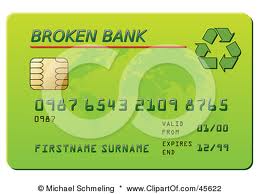
What Happens When You Overdraw your Bank Account
Simply put, if your account goes negative at any point, you're going to pay for it. Regardless if your checking account is with a bank or credit union. A credit union will charge you less and work with you more, but the process of how one overdraws is still the same..
You will pay overdraft fees for each item that clears your account or is returned from your account. Items can be checks you wrote, ATM withdrawals, automatic withdrawals, or debit card purchases.
Example
Let’s assume the bank OD fee is $35.00 (which is the current average) and the daily OD fee is $5.00. Yes, the bank can charge you for each day you are overdrawn up to 7 days.
Let’s say you have $25.00 in your account and a check, which you forgot all about, clears for $30.00. Let’s assume the bank pays this check for you and charges you a $35.00 fee. You now owe the bank $40.00. But since you forgot about this check, you think you have money. So, you go and get $20.00 in gas. We will assume you’re opted-in (see below) so the bank also pays this item, but charges another $35.00 to do so. Now you owe the bank $40.00 + $20.00 + $35.00 = $95.00. Let’s say it takes 5 days for you to realize your account is overdrawn. This is about how long it would take a notice to arrive in the mail. The bank will charge you $5.00 per day (usually for 7 days) until the account is positive. So now you owe the bank $95.00 + $25.00 = $120.00, assuming nothing else clears the account. How does it feel to give the bank $95.00 in fees? Seem criminal?
Imagine if multiple items cleared the account? What if instead of one $20.00 gas purchase, you made four purchases of $5.00 each? You would pay the $35.00 fee four more times. $40.00 (original item and fee) + $20.00 (total of all 4 purchases) + $140.00 (fees for 4 purchases) + $25.00 (daily fee x 5 days) = $225.00. Ouch. Adds up fast doesn’t it?
This is so common it is referred to as the snowball effect. It might shock you to know that bank managers relish in this. They get bonuses for this. And it happens every day. I probably spent 25% of each day dealing with overdrafts in some way. When my overdrafts were up, I was praised.
Overdraft fees are paramount to your branch’s success and I’ll bet your favorite branch has a daily/weekly/monthly overdraft income quota. Trust me; your branch wants you to overdraw your account. My tellers would win pizza parties for achieving our branch overdraft goal.
Credit unions focus on earning profits off of loan interest rates. Profits are not there focus however as they are not-for-profit. They focus on serving members and communities. Banks boast being for profit and they aim to serve shareholders. Again, this is a fundamental difference.
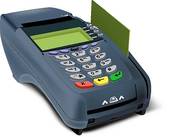
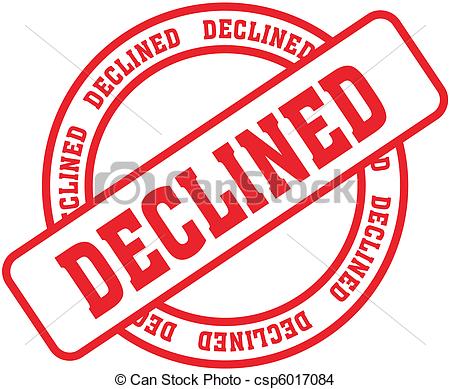
Opt-In or Opt-Out Defined
A few years back the banking regulations changed. It used to be that a bank could pay a debit card transaction, or overdraw your account, without your consent. Now you must opt-in if you want the bank to pay your debit card items. If you opt-out your card will be declined. It is standard practice now to opt-in customers when opening new debit card accounts. You do have the option however to opt-out any time, and I suggest you do.
According to NBC News, this “opt-in requirement was supposed to clear up the confusion and prevent unintended overdraft charges. And yet, most bank customers still don’t understand how the system works.” Bottom line is it is still confusing to many people.
Let me break it down for you ...
Opt-in / Opt-out refers to debit card transactions only! Opt out and your card will be declined when you don't have enough money! Simple - right? You will not be charged a fee for this. I have opted-out on all my accounts. Sure it might be a bit embarrassing if your card is declined, but a heck of a lot less embarrassing than the food stamp line because all your money went to bank fees.
NBC News reports that 75% of bank customers surveyed said “they preferred to have their transaction declined if they had insufficient funds rather than have it processed for a $35 fee.”
How to Avoid Overdraft Fees
- Balance your account! If you live paycheck to paycheck and run your account low, like I do, you must keep a running ledger of your bank balance at all times. Purchase a travel calculator and immediately subtract each purchase from your running balance in a check ledger. It will take you seconds and you can purchase a travel calculator for less than the cost of one overdraft fee.
- Sign up for overdraft protection, either from a savings account or credit card. Be warned, there are still fees (usually about $10) whenever money is pulled from the linked account. Although this is not ideal, it is far cheaper than paying the full overdraft fees.
- Avoid joint accounts. Even if you’re married it’s okay to have individual accounts if it saves you from having to pay fees. If you are on a tight budget, and each person uses the card, you can run into trouble really fast.
- Cash is king! Do not use debit cards if you can’t balance your checkbook. You must balance every debit card transaction, regardless of how small, if you live on a tight budget. Yes it seems antiquated, but it is perfectly fine to just use cash. Tell those tellers NO and DO NOT get a debit card. You cannot overspend with cash. It will force you to budget. Or simply OPT OUT.
- Don’t have a bank account at all. A bank must honor, with proper ID, a check that is drawn on it. So, if your paycheck is drawn on Wells Fargo Bank, WFB must cash it. They might charge you a fee, but as long as funds are available they will honor it. These fees may cost you less than overdraft fees in the long run.
- Don’t be above begging for a fee reversal. All managers can reverse a small amount of fees. It might be small, like half of a fee, but they can do something. It never hurts to ask.
- Consider changing your account type. Certain accounts offer different services and fees. Make sure you’re in the right type of account for your lifestyle.
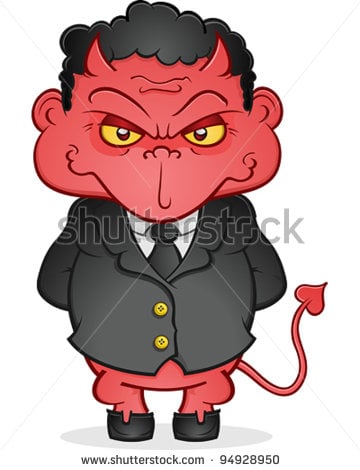
Watch out for “Hidden” Fees
Overdraft Item Fees, Daily Overdraft Fees and Return Item Fees are only one slice of this very expensive pie. Since the arrival of the opt-in regulation, banks have lost money. More people are opting-out and the banks are losing more profits. They are trying to recoup this loss by creating new and hidden fees and I suspect that as regulations on banks tighten, it is only going to get worse.
Seek out your local Credit Union
Credit unions are really great. Sure, they're not perfect. It you travel a lot it might be difficult as credit unions are much more sparse then say, BofA. But most of them have free checking accounts, great loan rates, fantastic service, and they do a lot for communities. They have your interest in mind instead of your pocket book.


